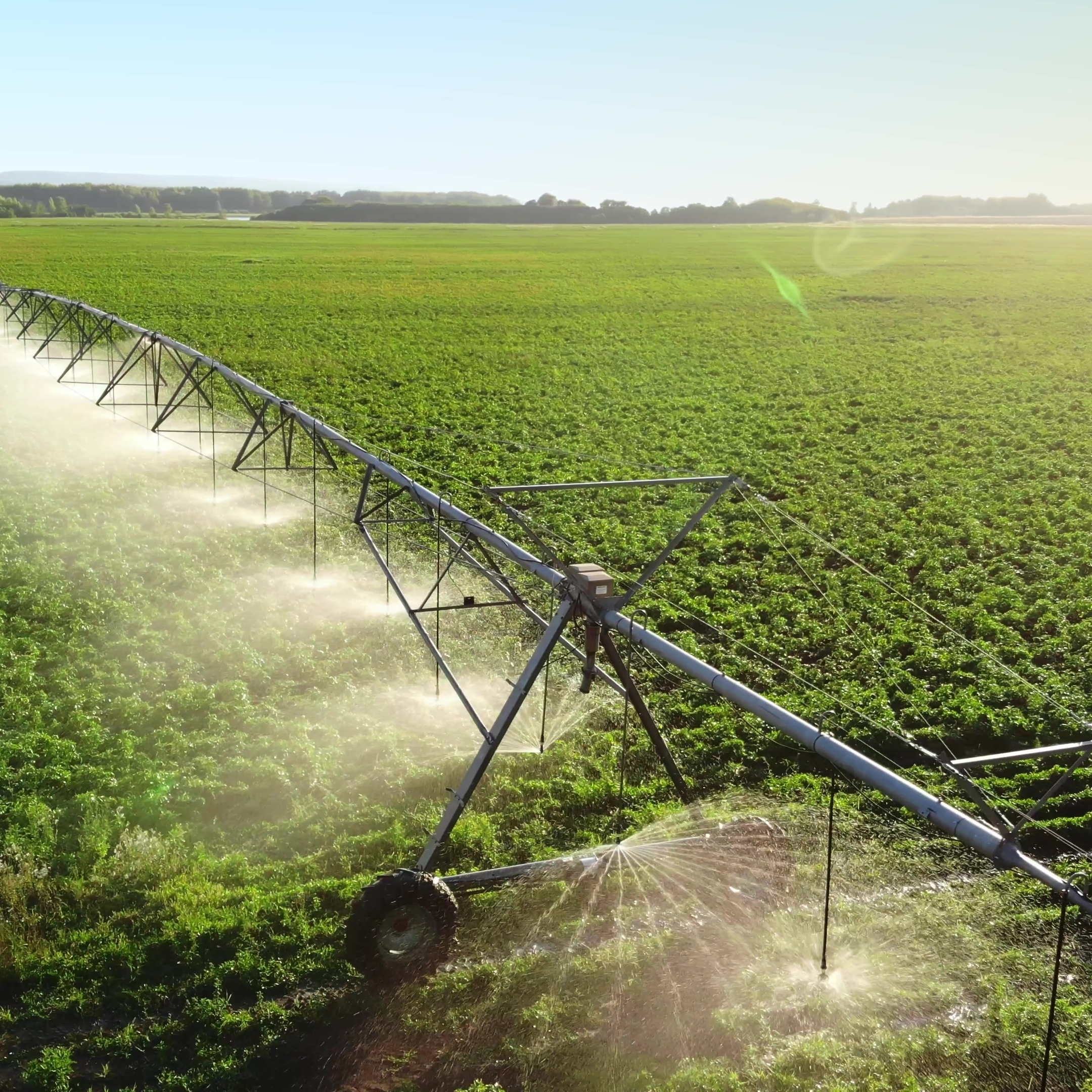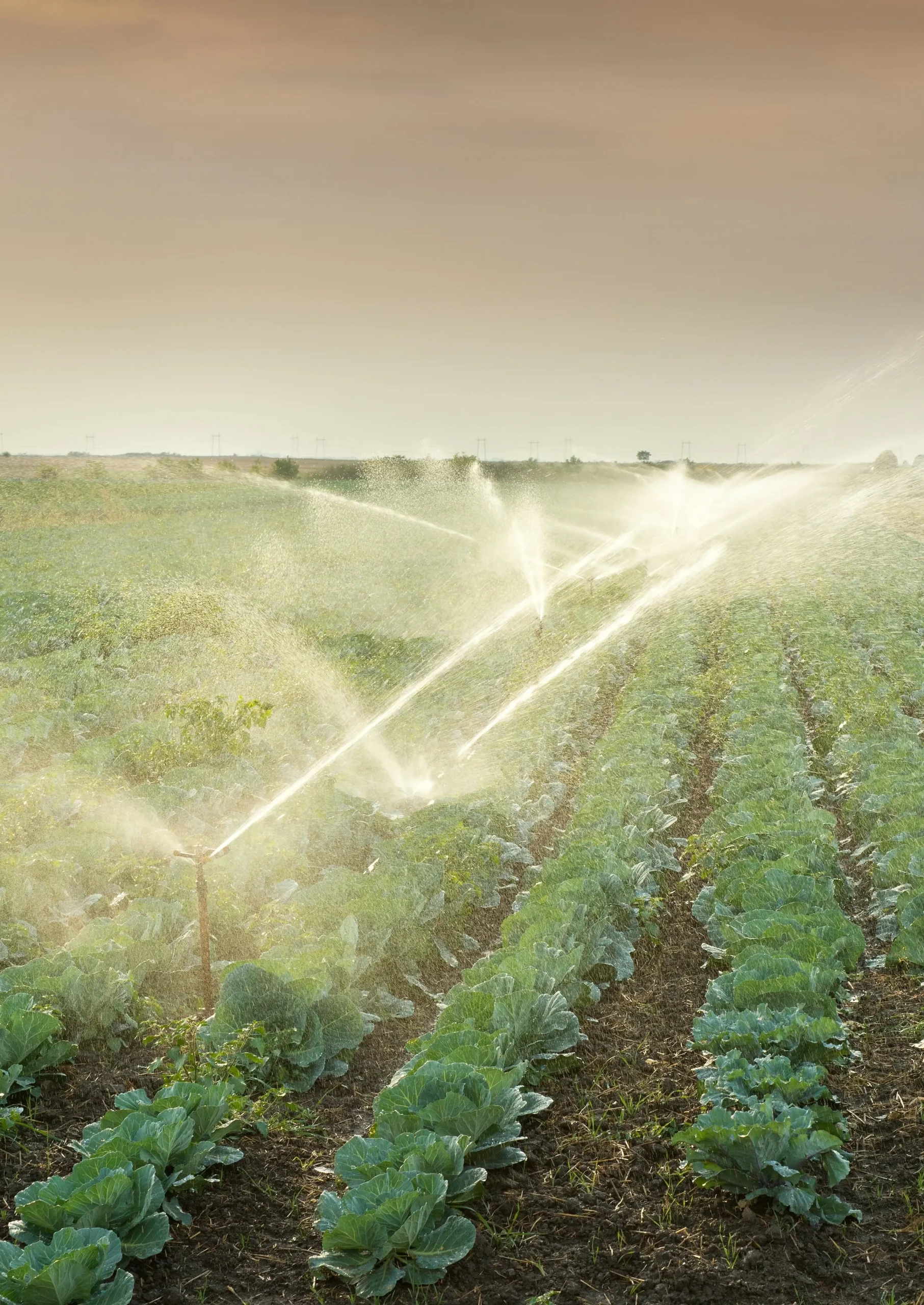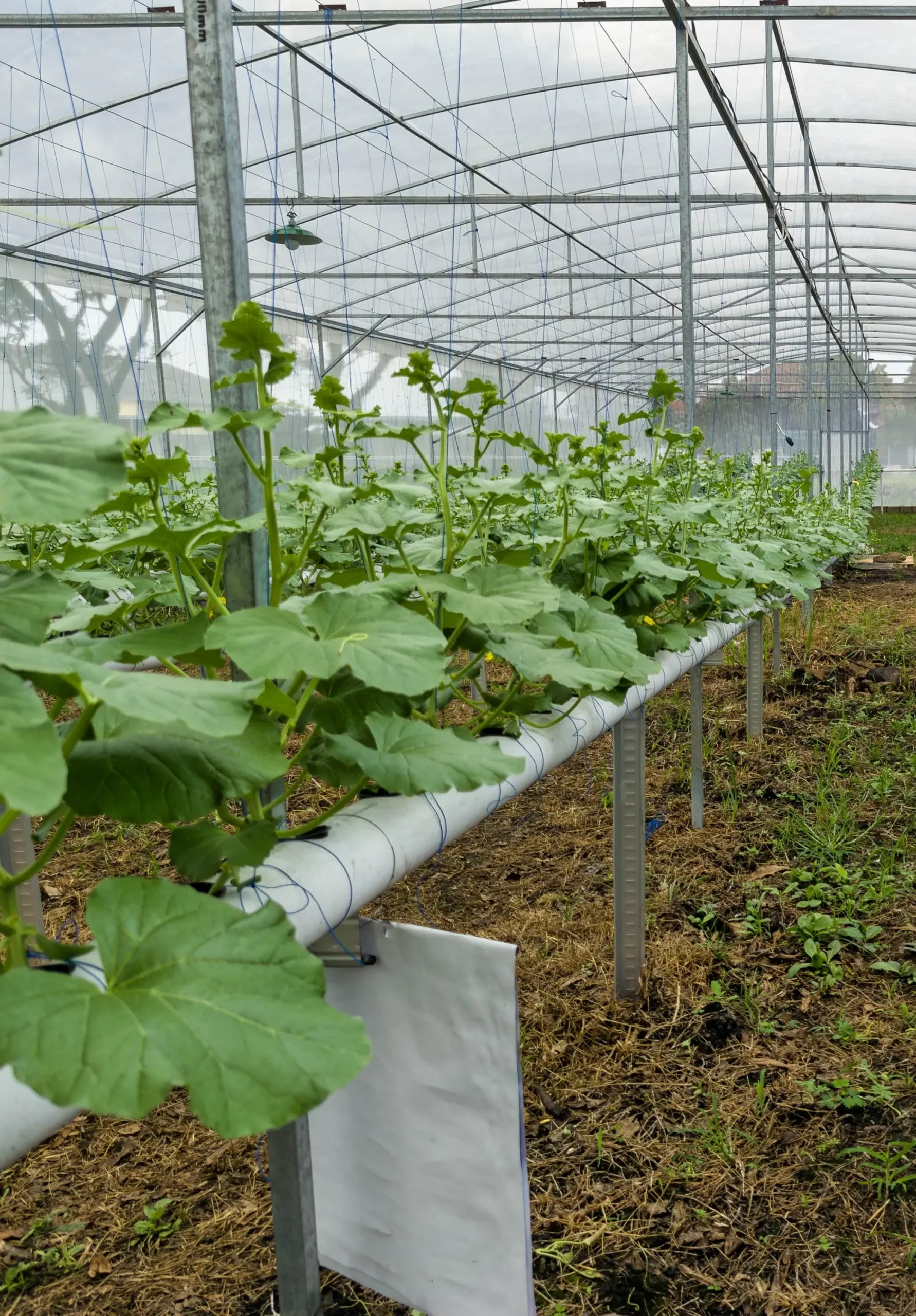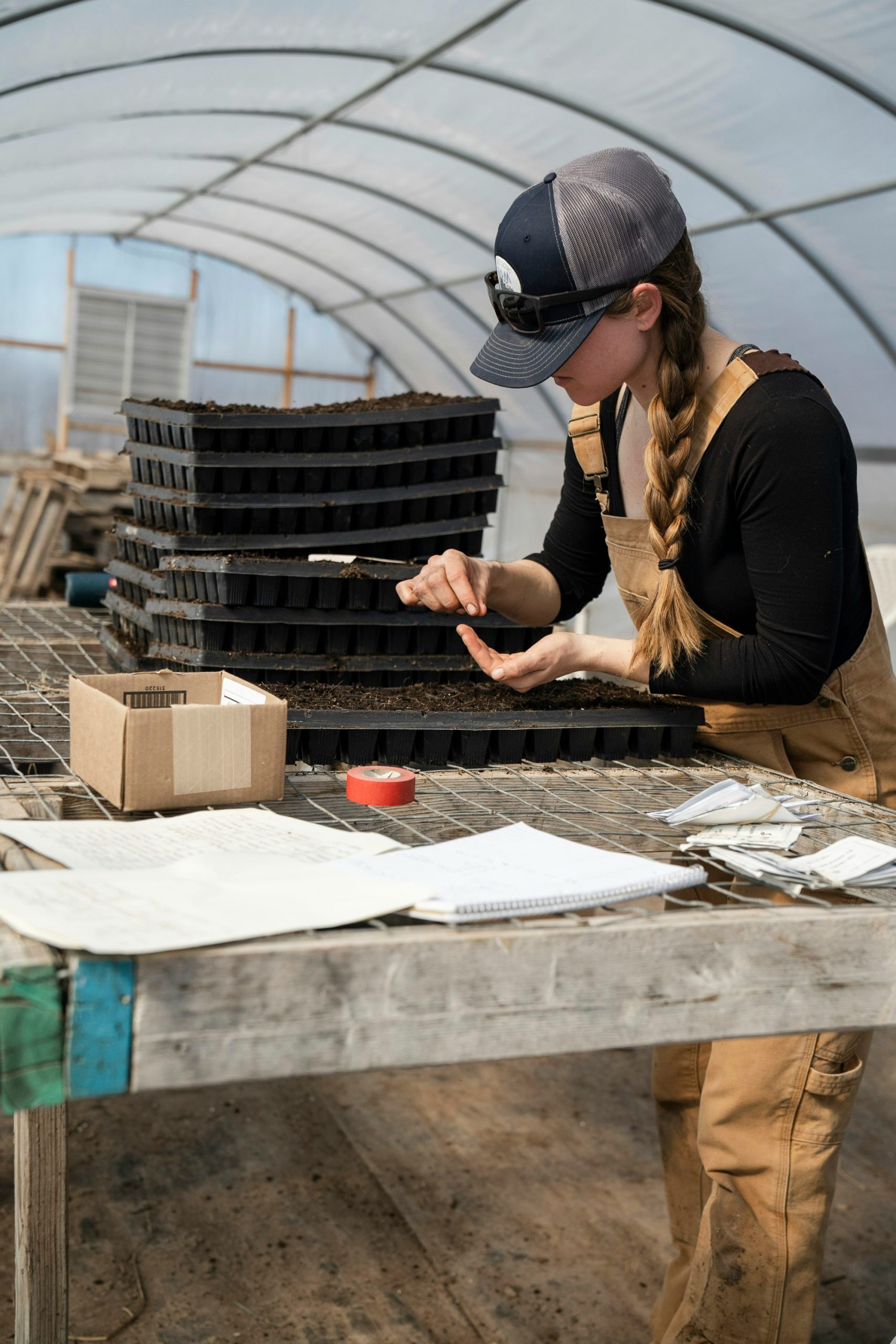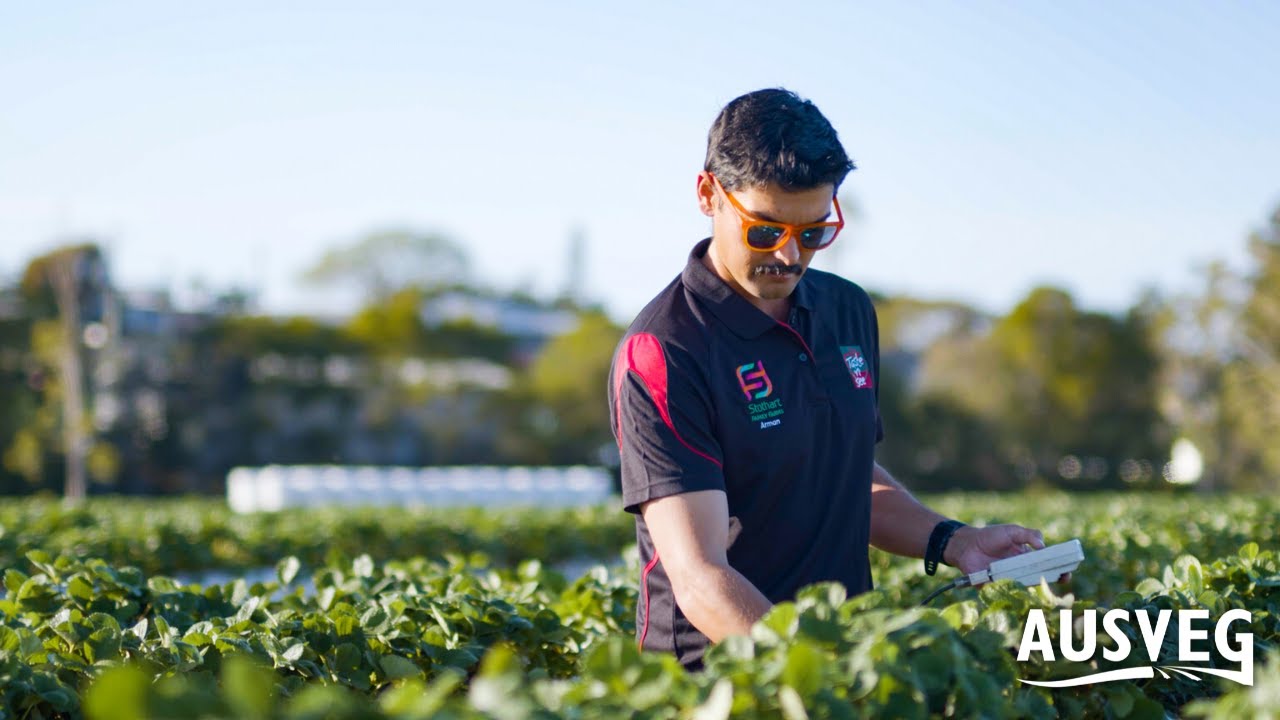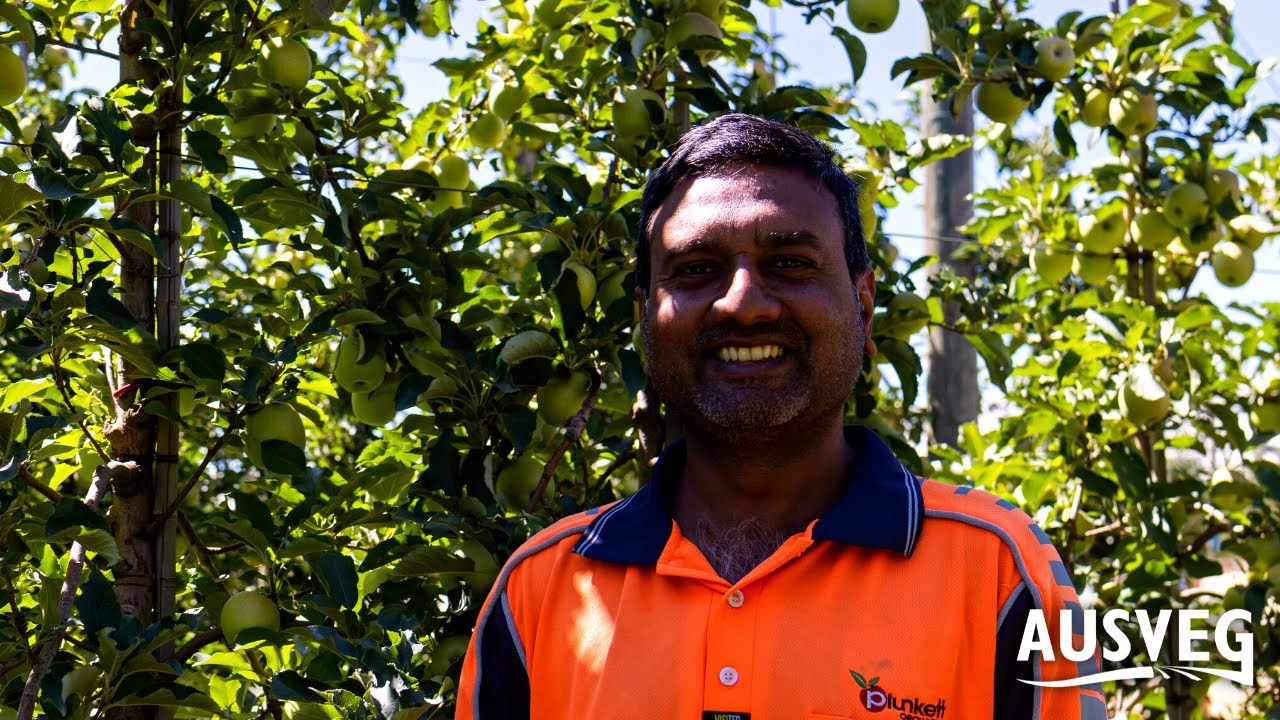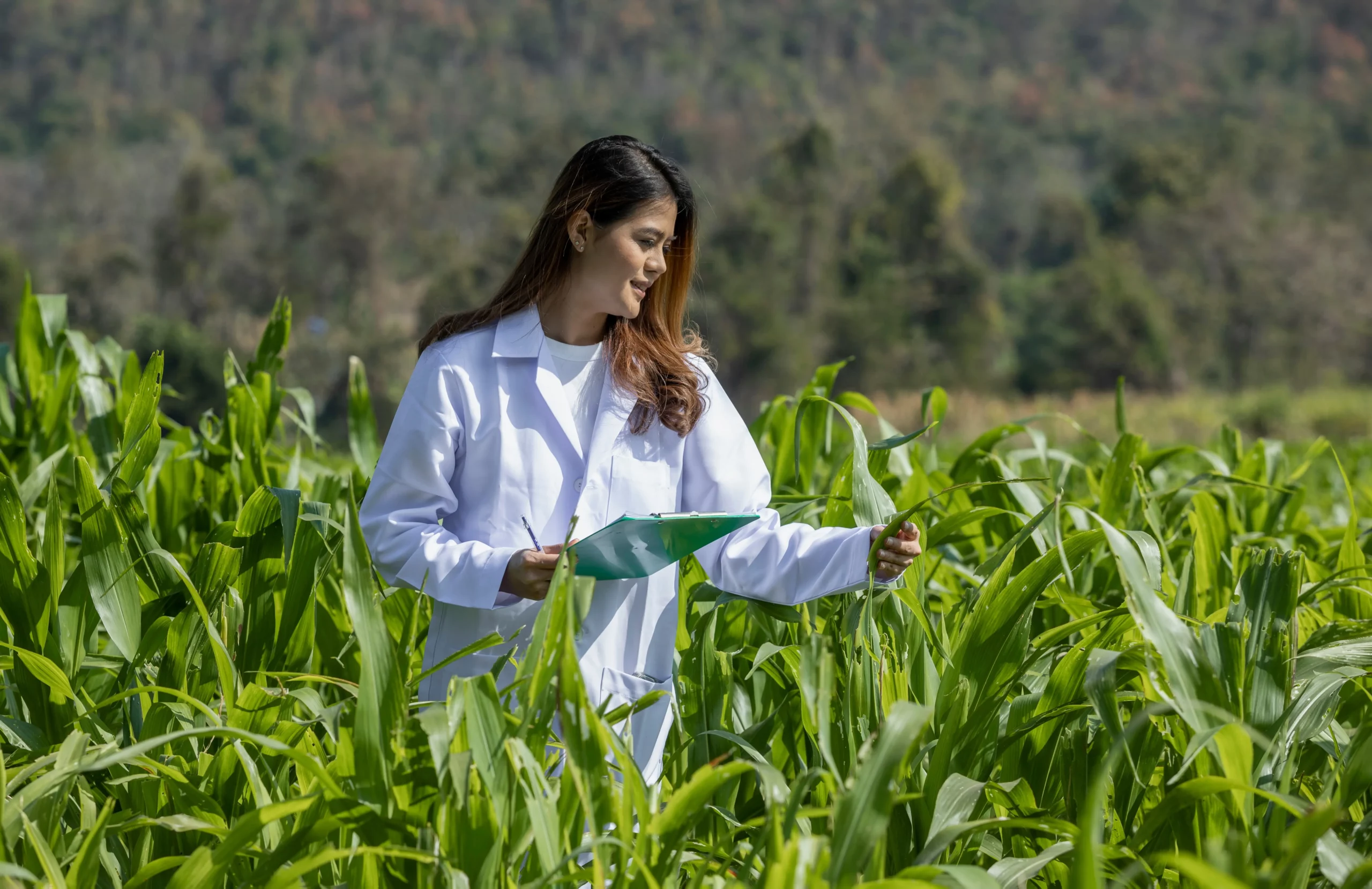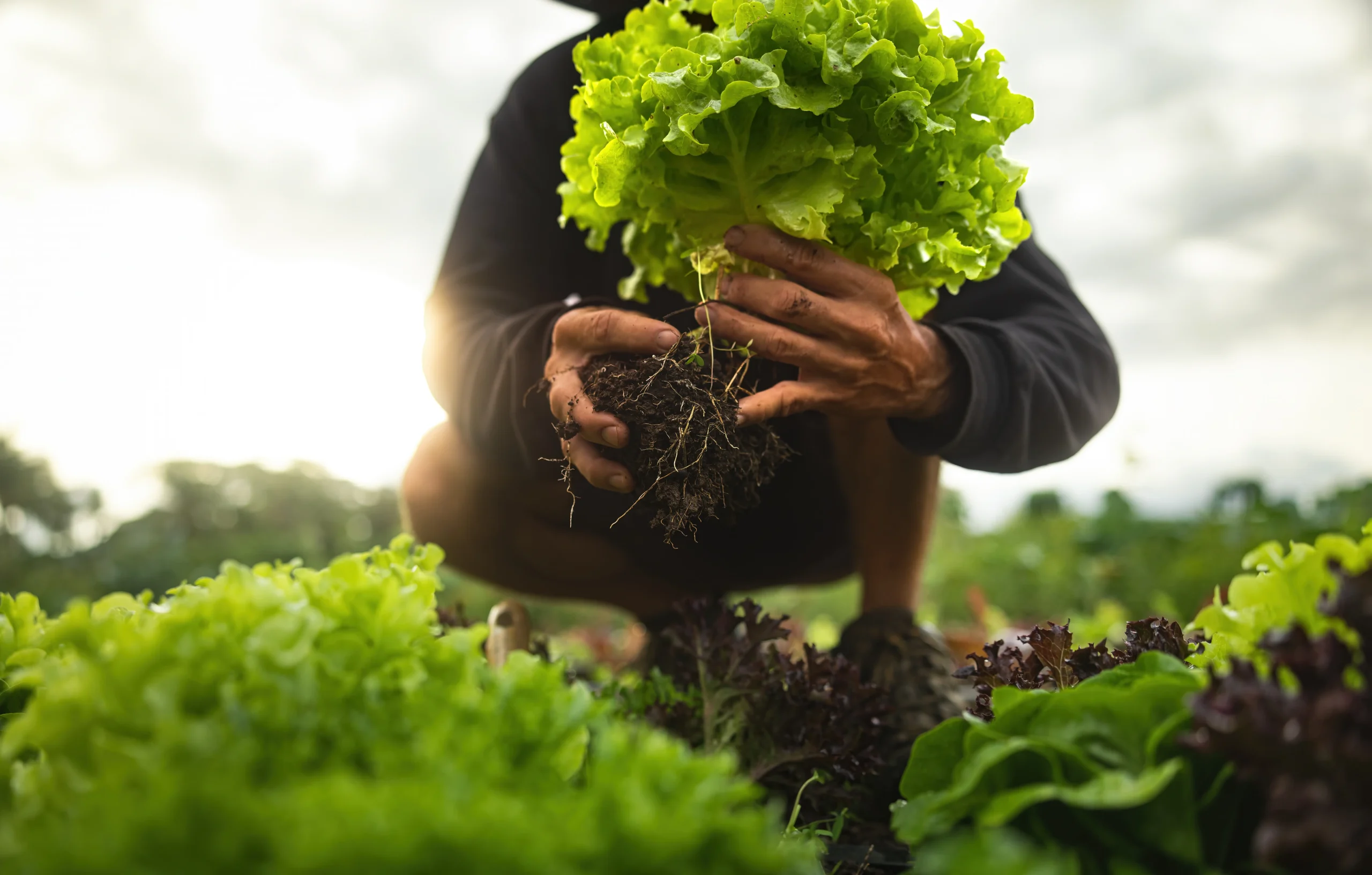The Career Pathways
Irrigation is an essential part of modern horticulture and agriculture, ensuring crops receive the right amount of water and nutrients to thrive. Professionals in this field design, manage, and maintain effective irrigation systems, without which crop yields can suffer, affecting the entire agricultural supply chain. Professionals in irrigation help ensure optimal plant growth, contributing to food security and efficient resource use.
Core Roles:
- Irrigationist
- Irrigation Manager
- Irrigation Designer
- Irrigation Assistant
- Fertigation
Stothart Family Farms, QLD
Irrigationist, Arman Berkett-Saleh
Q&A with Arman Berkett-Saleh
What is your role and what does your job entail?
My main role in irrigation and nutrition is looking after all the strawberry plants to make sure they produce the best strawberries we can. To produce great strawberries, we want to make sure the plants are not stressed out, underwatered, or overwatered, and are getting fed correctly. To do this, we take the time to look at the plants and ask questions relating to how the plants are growing and what they are doing. We look at what the plants have done to date, and at how the plants are going to react in coming weeks. Essentially, we ask ourselves how can we grow them better to produce a better fruit for the consumer?
What improvements have been made to Stothart’s irrigation infrastructure?
You can’t be the best without continuous improvement. We are always looking to improve and lead the way with new technology, innovation and production within the strawberry growing region in south-east Queensland. This method of growing also means we have better control over the quality and grow better fruit overall. We can grow more in less area, which adds to our intended direction of providing more fruit to consumers.
What are some misconceptions about working in horticulture?
It’s not as hard as you think it would be – there are plenty of job opportunities and lots of fruit and vegetables out there that need to be grown. I think people need to look away from that stigma that working in horticulture is just hard, back-breaking work. We have the technology now, and we are continuously trying to improve to make it easier for everybody to work. We are trying to get better so we can attract the next generation into the industry.
What was your journey into horticulture?
I started my career in mining after completing a degree in Geology. I transitioned into horticulture because it gave me the opportunity not to just sit behind a desk and come home to my family at the end of each day. I get to be outside and get to grow something. Being able to see the results of the hard work that you put in and then to enter the back end of the season knowing that I contributed to the performance of this farm is rewarding.
What advice do you have for a young person thinking about starting a career in horticulture?
For any young people who would like to start a career in horticulture, there’s probably two pathways one can take. The first one is getting out and applying for a job and learning as you go, and then eventually going on to do further studies. If there’s an area within the industry that a person really wants to do, there are plenty of opportunities and pathways through TAFE and universities to develop your skillset to get these jobs. Secondly, there’s no harm in starting work directly on a farm, especially if you’re young. You can gain some understanding of what work is necessary to run a farm and what needs to be done to produce fruit. It’s important to get the experience to know what you’re looking for. You could be running warehouses and doing stocktake or becoming an expert in irrigation and growing plants. Although these are two very different pathways, both provide the same opportunities.
Why do you do what you do?
It’s amazing to see how a strawberry can progress from a little plant at the start of the season to producing berries. We take heart in the response from people who have eaten our fruit saying how fantastic it is. It’s what we strive for – keeping the consumer happy by providing a great strawberry for them to eat.
Plunkett Orchards, VIC
Irrigation Manager, Bhavesh Donga
"I feel better working in nature — that’s why I chose agriculture."

